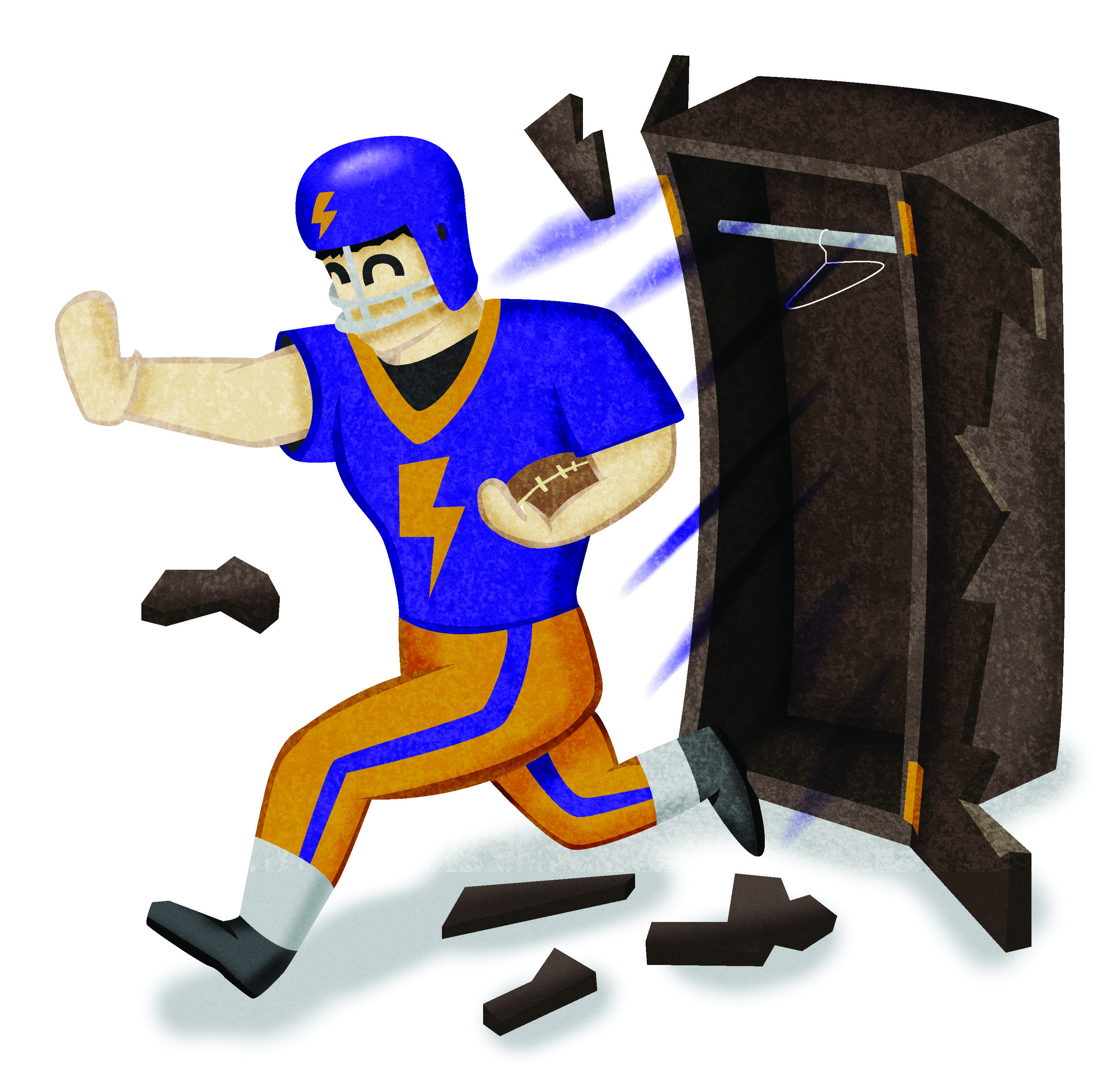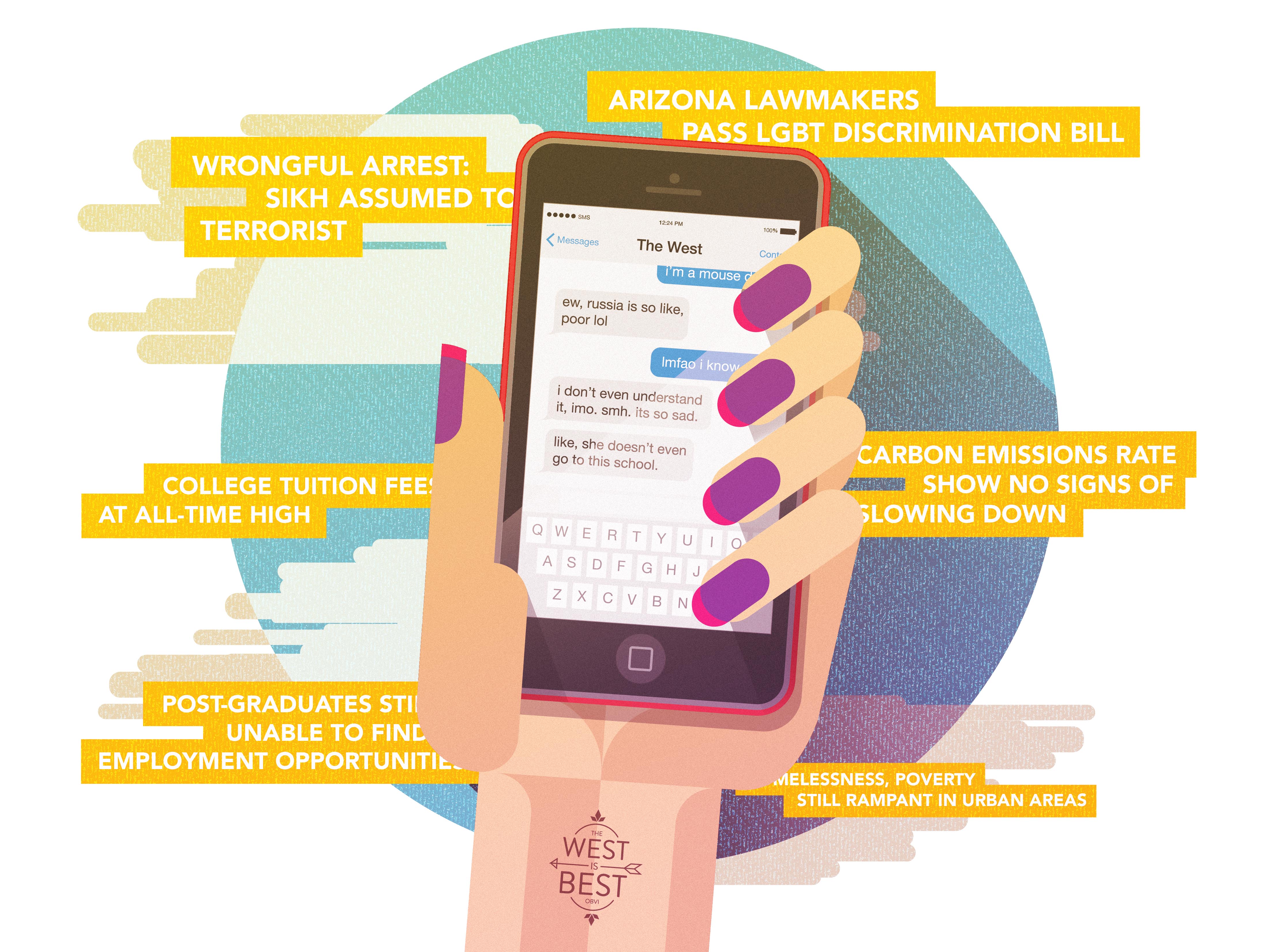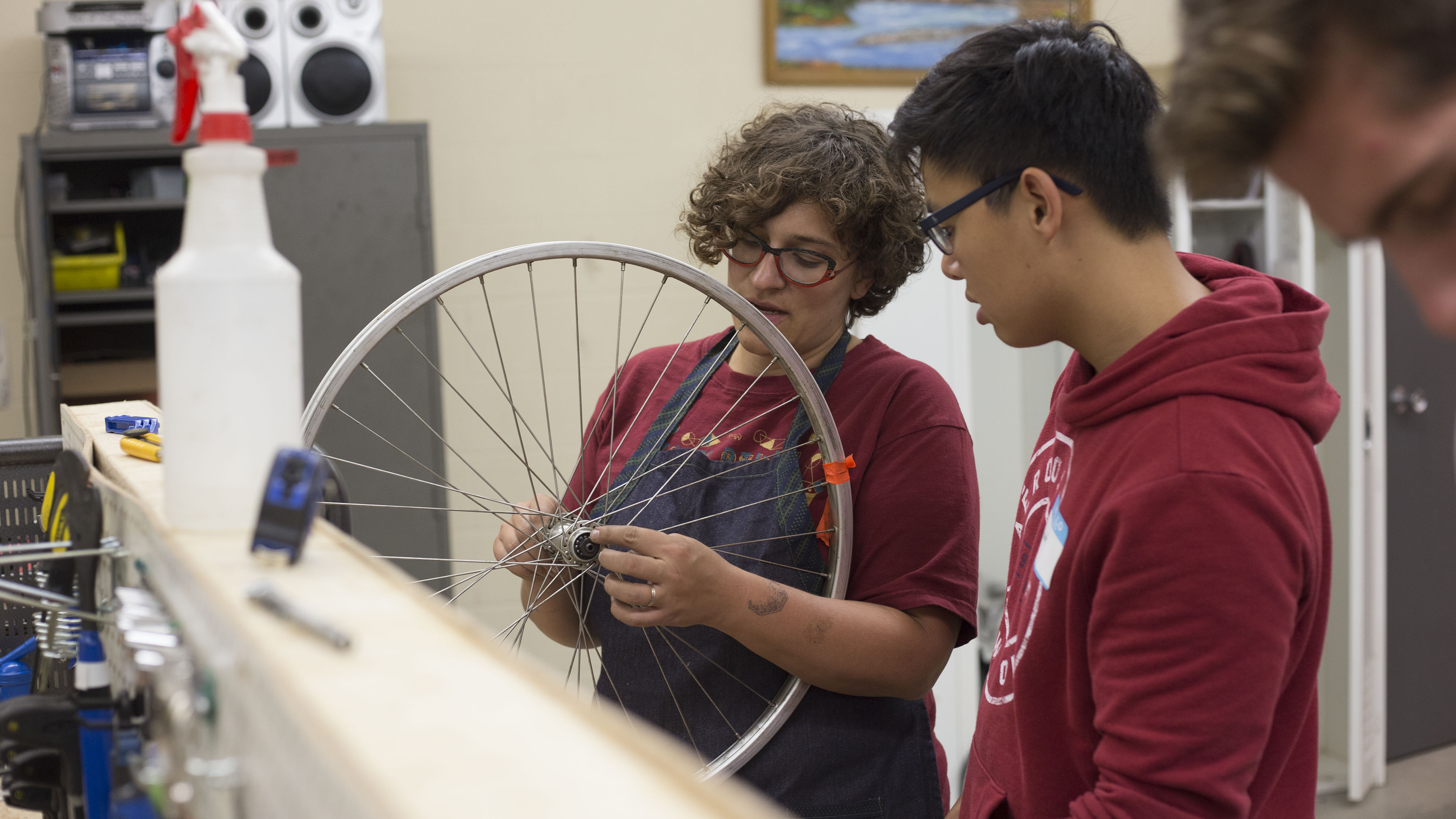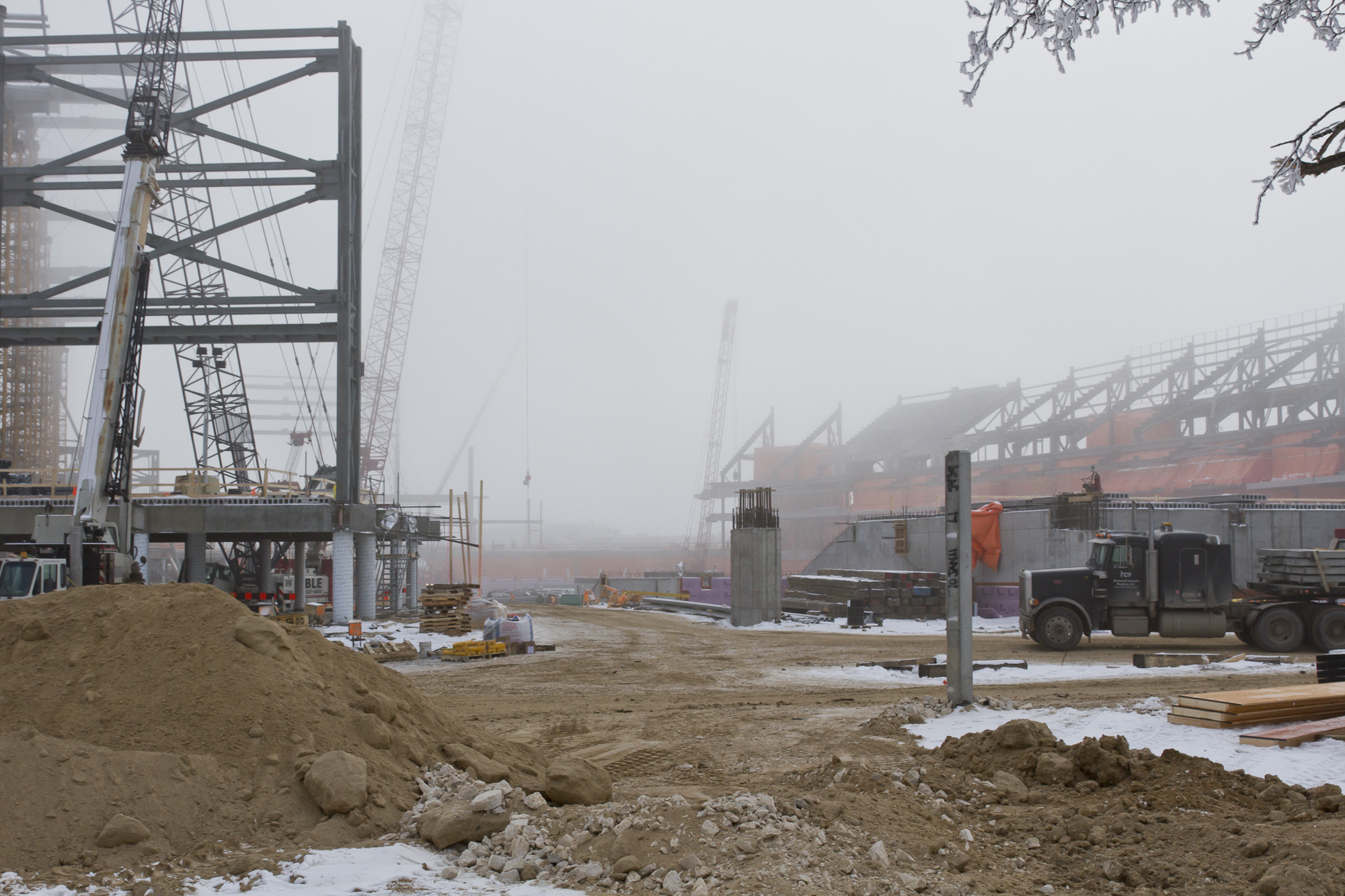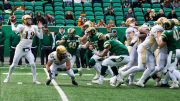“No, we don’t got no gay people on the team, they got to get up out of here if they do.”
“Can’t be with that sweet stuff. Nah. . . can’t be. . . in the locker room man. Nah.”
These words, which were later retracted and apologized for, came from San Francisco 49ers cornerback Chris Culliver during Super Bowl week this past February, after being asked by radio host Artie Lange if there are any gay players on his team’s roster. Culliver’s statement—coming out of San Francisco, of all places—voiced a long-held but waning belief that many professional athletes have had regarding homosexuality in the locker room.
Thankfully, these types of attitude are starting to become less and less commonplace.
NFL insider Mike Freeman of cbssports.com reported on Mar. 26, “a current gay NFL player is strongly considering coming out publicly within the next few months – and after doing so, the player would attempt to continue his career.” If you don’t follow professional sports closely, this might not seem like a huge deal.
Homosexuality is gradually becoming less and less stigmatized within western society. President Obama has expressed his support of gay marriage and the “Don’t Ask Don’t Tell” policy regarding homosexuals serving in the U.S. military is now a thing of the past. With so much progress made, it’s easy to trivialize the “coming out” of a single football player – until you consider that not one active player, in any of the four major North American sport leagues (NFL, NBA, MLB, and NHL) has ever come out publicly as being gay.
Think about that for a moment. That’s a huge sample size of individuals, and not a single professional athlete has come out while actively competing. It’s safe to say that it’s not simply coincidental that all of these athletes are heterosexual, and fairly easy to assume that the stigma of having a gay man in the locker room has prevented anyone from coming out to this point.
I can’t say I blame any of these athletes from hiding their sexual identity. Aside from the comments made by ignorant athletes that share the locker room with these players, the possibility for hostility from the public is very much present. Going into a building with 80,000 inebriated, hostile fans can be intimidating at the best of times, but knowing that there was a gay man on the field playing for the other team could only serve to bring out the worst in the homophobes in the crowd.
The amount of courage and self-assurance required to deal with this is enormous, and more than I could ever pretend to hold. However, somebody has to be first. Someone always has to be the one to break these barriers, and you can be sure that whoever that courageous person will be, they will go down in history beside Jackie Robinson.
The time has come for this barrier to be broken. The amount of support that gay athletes would receive would far outweigh the amount of scorn they would face. The “You Can Play Project” founded in part by Patrick Burke, the son of former NHL GM Brian Burke, is an initiative that seeks to do exactly this. Their tagline is: “Gay Athletes. Straight Allies. Teaming Up For Respect.”
Multiple high-profile athletes and professional teams have expressed their support for this project including Dustin Byfuglien of the Winnipeg Jets and Steven Stamkos of the Tampa Bay Lightning. As far as the NFL goes, some of their teams have also shown support for LGBT athletes. The organization “It Gets Better,” which aims to teach young LGBT high school students that life will get easier for them, has drawn support from NFL teams in the last year.
The first team to publicly support them? Chris Culliver’s very own San Francisco 49ers.
